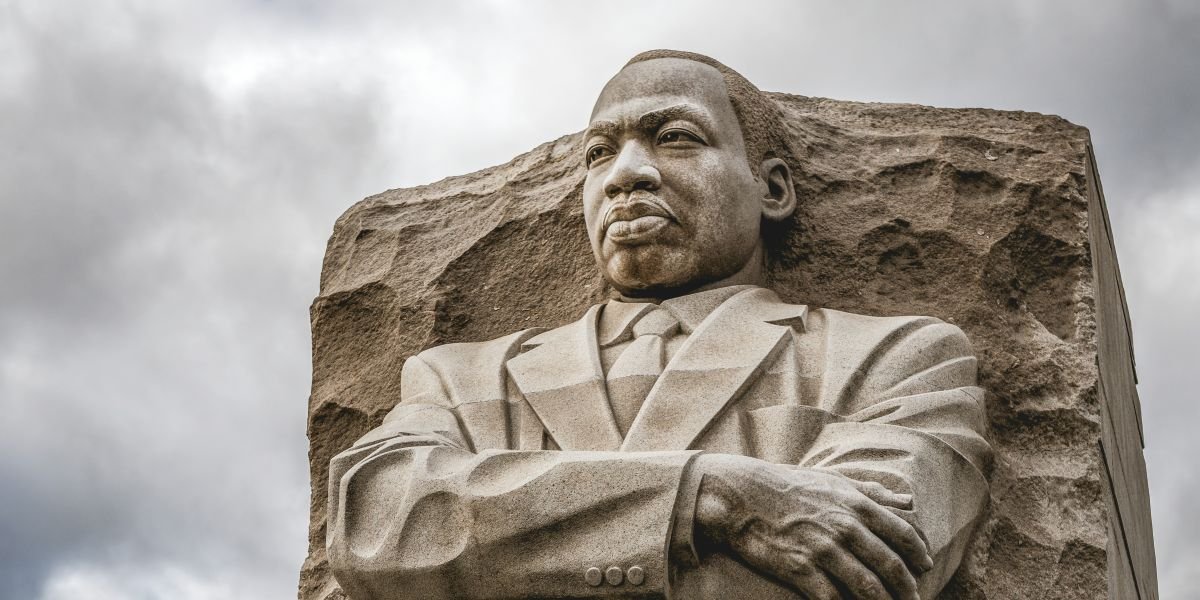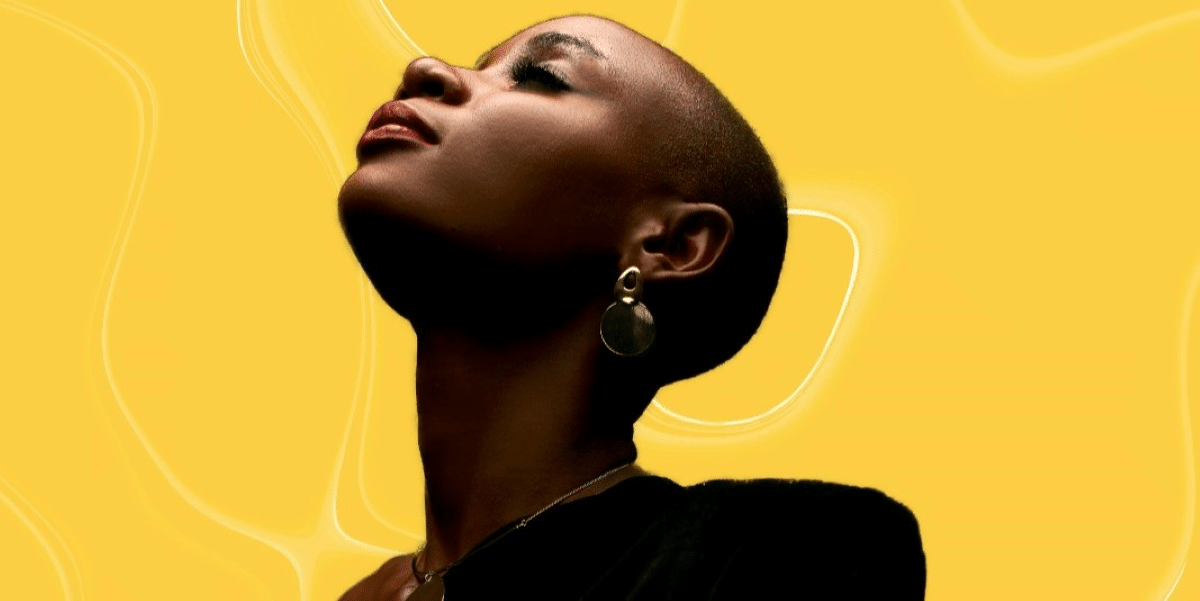Image commercially licensed from: Unsplash
In the digital age, the landscape of masculinity and mental health is undergoing a significant transformation. Traditional notions of masculinity often emphasized strength, stoicism, and self-reliance, sometimes at the expense of emotional well-being. However, as society evolves, there is a growing recognition of the importance of redefining these norms to better support men’s mental health. Advocates like Hendrickx Toussaint are at the forefront of this movement, championing a more inclusive and emotionally aware definition of masculinity.
The Digital Age and Its Impact on Men’s Mental Health
The rise of digital technology has brought about profound changes in how we communicate and connect. While it offers unprecedented opportunities for staying in touch, it also presents unique challenges, especially concerning men’s mental health. Social media, for instance, can create unrealistic expectations and pressures that contribute to feelings of inadequacy or failure. These platforms can also lead to isolation, as digital interactions sometimes replace deeper, more meaningful connections.
Hendrickx Toussaint notes that the digital era, with its blend of connectivity and isolation, requires a reevaluation of how men perceive and express their mental health struggles. The anonymity and distance provided by digital platforms can be a double-edged sword – offering a safe space for expression while potentially exacerbating feelings of loneliness and disconnection.
Challenging Traditional Masculinity Norms
Traditional masculinity norms have often discouraged men from expressing vulnerability or seeking help for mental health issues. These norms can be even more pronounced in online environments where the façade of a perfect life is frequently presented. As Hendrickx Toussaint emphasizes, it’s crucial to challenge these outdated stereotypes and encourage men to embrace a broader spectrum of emotions without fear of judgment or stigma.
Redefining masculinity in the digital age means fostering environments, both online and offline, where men feel comfortable discussing their mental health. It involves creating and promoting content that normalizes these conversations and showcases a diverse range of male experiences and emotions.
The Role of Online Communities and Platforms
The digital age has also given rise to numerous online communities and platforms that can play a critical role in reshaping the narrative around masculinity and mental health. From forums and social media groups to mental health apps, these digital spaces can provide men with resources, support, and a sense of community.
These platforms can be particularly beneficial for men who may not have access to traditional support systems or who feel more comfortable seeking help anonymously. They offer an opportunity to connect with others facing similar challenges, breaking the cycle of isolation and fostering a sense of belonging.
Strategies for Positive Change
To create new norms for men’s mental health in the digital age, several strategies can be employed:
Promote Positive Role Models: Highlighting stories of men who openly discuss their mental health struggles and seek help can inspire others to do the same. These role models can be featured in digital campaigns, podcasts, and social media initiatives.
Encourage Digital Literacy and Healthy Habits: Educating men on navigating the digital world healthily is crucial. This includes understanding the impact of social media on mental health, setting boundaries, and encouraging digital detoxes.
Integrate Mental Health Education in Digital Content: Content creators and influencers can play a significant role by integrating mental health awareness into their platforms. This could involve discussing mental health topics, sharing personal experiences, or providing resources.
Support and Utilize Technology for Mental Health: Leveraging technology to support mental health, such as through apps that offer counseling services, meditation, or mood tracking, can be a powerful tool. These technologies can provide discreet and accessible support for men.
The digital age presents both challenges and opportunities in redefining masculinity and supporting men’s mental health. It’s an era where the norms of traditional masculinity can be reshaped to embrace emotional openness and vulnerability. As advocated by Hendrickx Toussaint, through concerted efforts across digital platforms, communities, and individual actions, we can foster an environment where men feel empowered to address their mental health needs openly and without stigma. This change is not just beneficial for men but for society as a whole, leading to healthier, more emotionally balanced communities.








